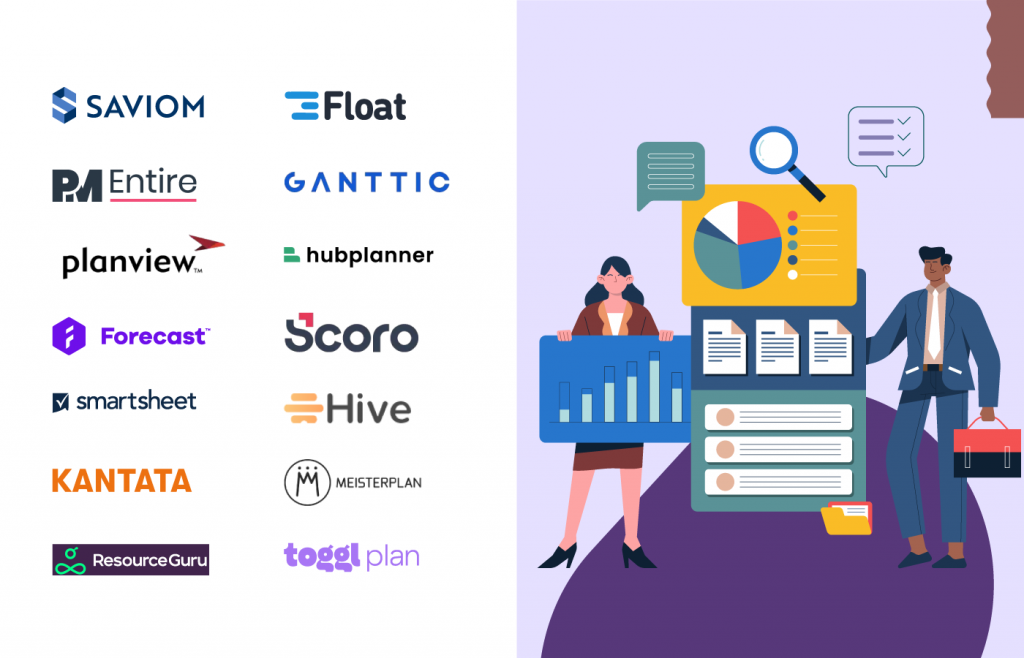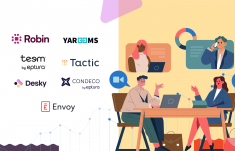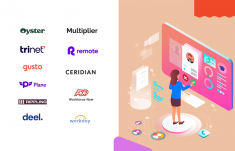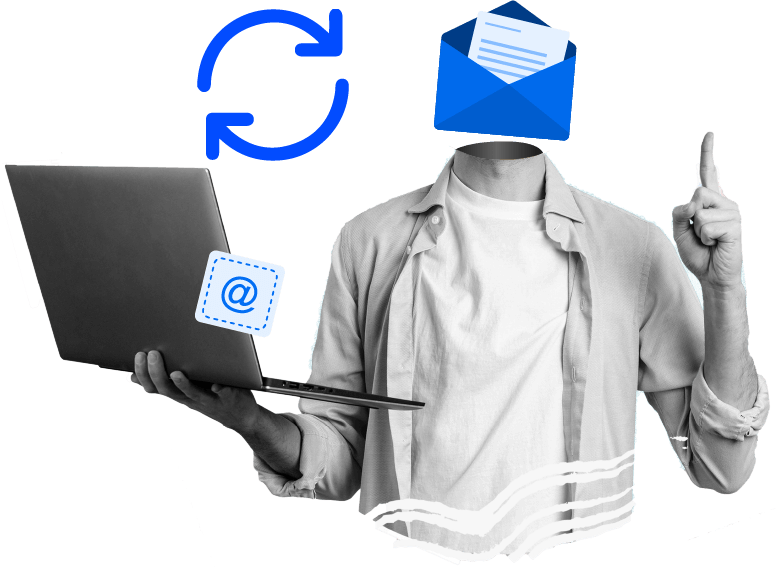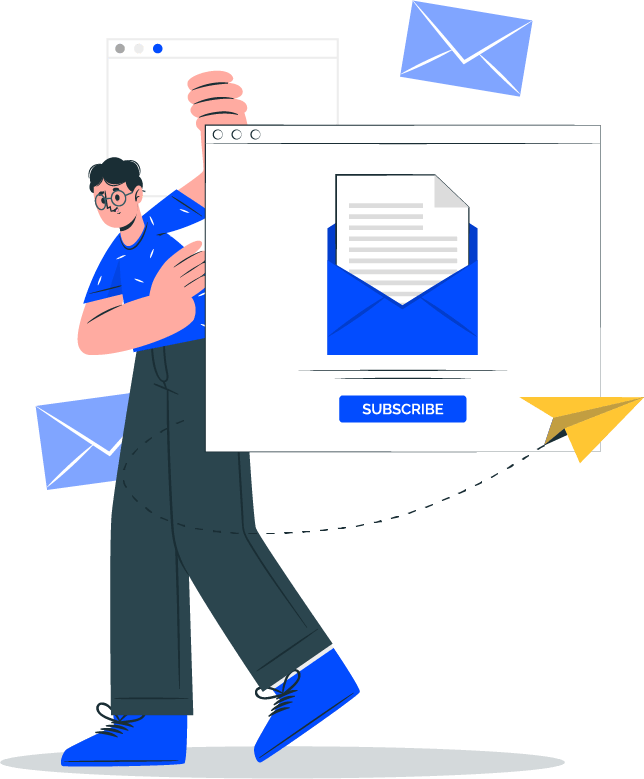Best Resource Management Software Overviews
Most configurable resource management tool for enterprises
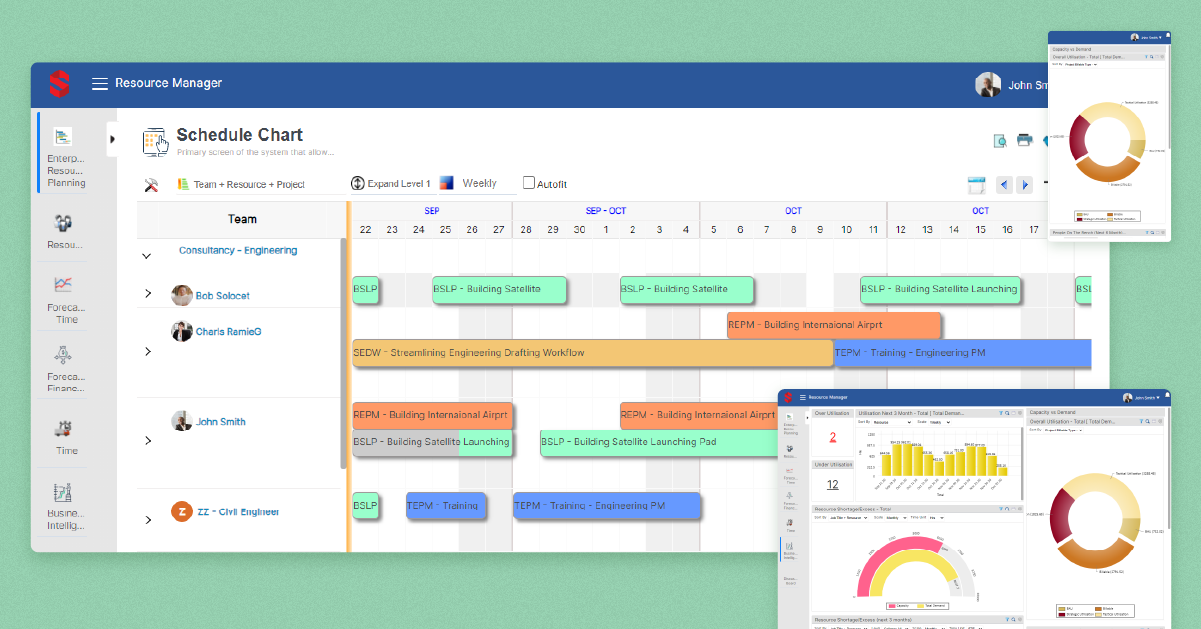
Saviom’s easy drag-and-drop functionality lets you make real-time changes in resource schedules.
Best for: Medium to enterprise-level organizations
SAVIOM is the pioneer and world leader in resource management software that has helped many Fortune 500 companies across 50+ countries overcome their specific resourcing needs. With over 2 decades of industry experience, Saviom Enterprise Resource Management Software is several years ahead of the market.
What makes SAVIOM unique?
SAVIOM has a highly configurable Lego-based software architecture and a Gantt-style interface. Its comprehensive suite is packed with advanced features that streamline the resource planning process. It includes modules such as multi-dimensional scheduling, resource forecasting & capacity planning, real-time resource planning & optimization, and BI dashboards & analytics.
Furthermore, easy drag-and-drop capability enables agile scheduling in a dynamic business environment. Moreover, the powerful forecasting and capacity planning feature helps forward plan pipeline projects for timely allocation. Utilization heatmaps help optimize resource schedules in real time without overloading anyone.
The real-time BI-powered dashboards can be customized across multiple dimensions, including role-based access that eliminates information overload for hassle-free decision-making. In addition, their scenario-based modeling and simulation feature helps overcome multiple resource constraints to arrive at the most viable resource plan. So, if you are looking for an enterprise-grade solution to manage your resources efficiently from a single platform, SAVIOM is the right fit for you.
Saviom Features:
- Multi-dimensional resource scheduling tool
- Advanced forecasting & planning
- Comprehensive resource requisition workflow
- Customized dashboards, portals, analytics, and reports
- Real-time resource optimization, modeling & simulation
- Early warning system & integration capabilities
Saviom Pricing:
Saviom has a tiered pricing model, which depends on the number of power and lite licenses the user buys. They offer a 60-day free trial.
Pros & Cons:
- Highly customizable and scalable solution
- Quick resource scheduling system and modification with responsive drag-and-drop
- Real-time reports, advanced analytics & personalized dashboards
- Assists resource planning with intuitive modeling & simulation
- Seamless integration with other enterprise applications
- More suitable for medium to large-scale enterprises
- There is a learning curve in understanding the tool's extensive features
Value-driven project resource management tool
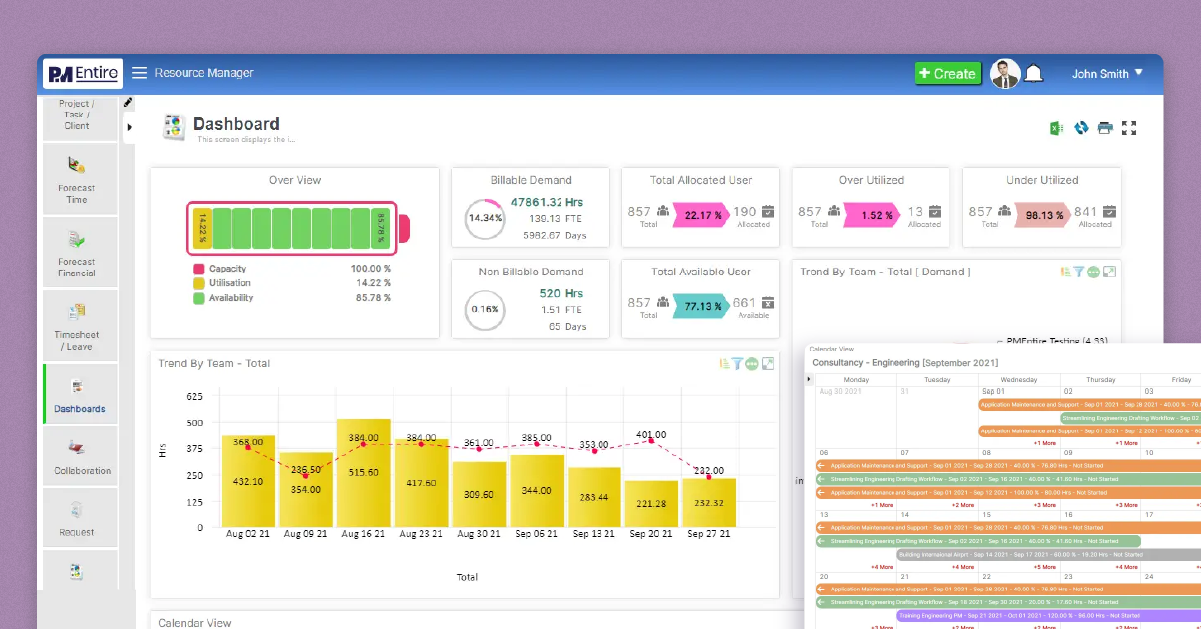
PMEntire has BI-powered dashboards that provide actionable insights into critical KPIs.
Best for: Small to mid-size companies
PMEntire Resource Management Software is designed to help professional service organizations optimize their workforce and enhance business profitability. It is based on a SAAS model, which is best suited for small to medium-sized businesses.
What makes PMEntire special?
PMEntire project resource management software has advanced features and a highly interactive UI. It provides a 360-degree view of the workforce across the organization, which helps resource managers identify the right person for every right project. The advanced forecasting capability helps identify capacity gaps, minimize people on the bench, and improve the billable utilization of every resource.
The software’s highly configurable dashboard provides a real-time overview of projects, allowing you to identify any potential resource bottlenecks promptly. Additionally, the platform offers robust real-time reporting and analytics that enable users to gain insights into project performance, resource utilization, and team productivity. It also provides different PSA components suitable for any professional service organization. So, whether you’re a startup or a well-established firm, PMEntire is worth considering for your project resource management needs.
PMEntire Features:
- Robust resource planning, allocation and scheduling
- Real-time resource optimization
- Advanced forecasting and early warning systems
- Real-time business intelligence
- Customizable dashboards, reports, and analytics
- Seamless integrations
PMEntire Pricing:
Pricing is available on request. PMEntire offers a 60-day free trial
Pros & Cons :
- Highly configurable and cost-effective solution for businesses of all sizes
- Advanced forecasting assists in efficient capacity planning
- Templates can be set up for repetitive tasks
- Role-specific dashboards prevent information overload
- There is a steep learning curve in understanding the full functionality of the tool
- Does not provide on-premises hosting capability that is suitable for large organizations

Work management tool for collaborative project teams
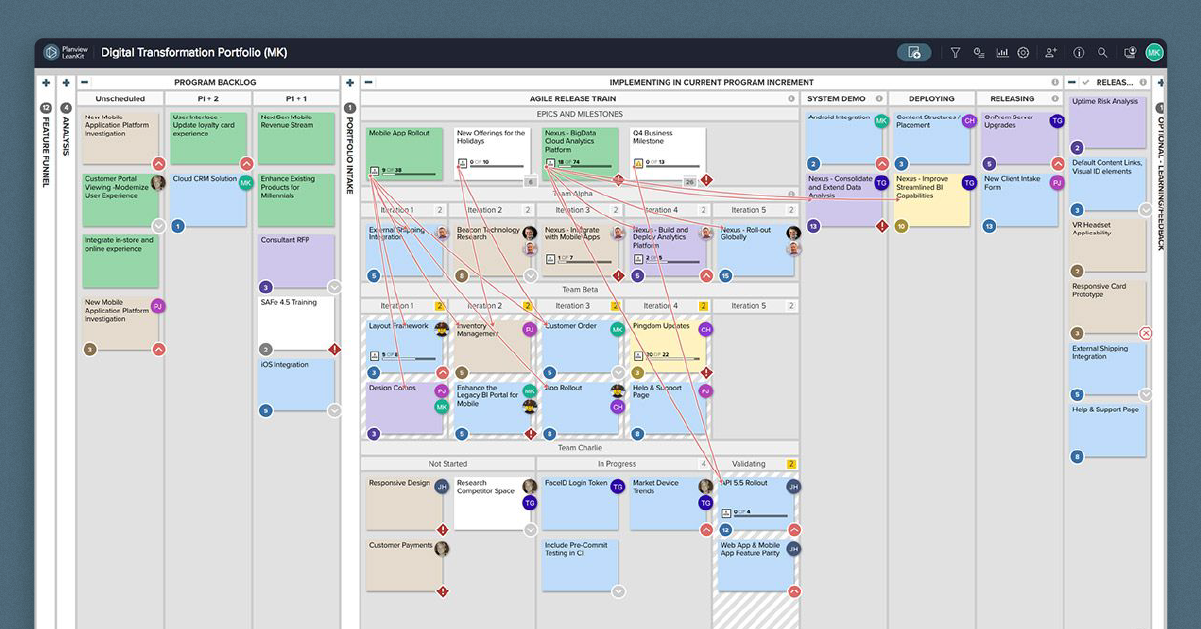
Planview is a powerful tool that makes resource planning and project prioritization effortless.
Best for: Mid to large-size companies
Planview offers a full spectrum of portfolio management and work management solutions that enable organizations to deliver innovative products.
What makes Planview special?
Planview is a robust, easy-to-navigate platform that provides a centralized view of resources and tracks utilization. The configurable dashboards and reports offer real-time insights by department, program, portfolio, or individual project. One of the critical strengths of Planview is its advanced scheduling and forecasting features.
Planview helps optimize resource capacity, allocate the right employees to projects, and reallocate them per shifting priorities. Moreover, the API capabilities enable seamless integration with your existing systems and workflows. With its powerful resource management capabilities, Planview is excellent software to manage projects, optimize workforce utilization, and improve overall project outcomes.
Planview Features:
- Portfolio management
- Real-time resource and project tracking
- Configurable reports, dashboards, and workflow
- Task planning and time tracking
- Expense management
Planview Pricing:
Pricing is available on request. Planview offers a 30-day free trial.
Pros & Cons :
- Real-time updates and notifications keep projects on track
- Resource allocation, schedules, and project progress can be viewed at the project, program, or portfolio level
- It’s easy to create ad-hoc reports
- Understanding and utilizing the tool's capabilities fully has a steep learning curve.
- The process of entering data in timesheets is tedious
AI-driven insights for resource planning & management
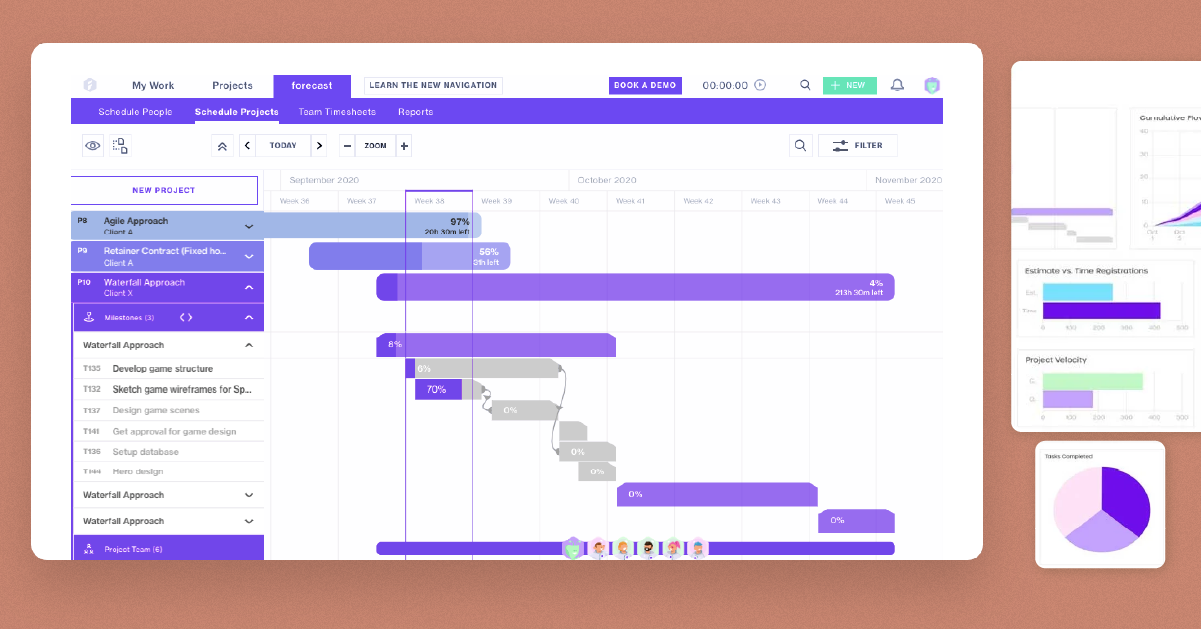
Forecast’s powerful features let you manage projects, resources, and finances on a single platform.
Best for: Mid to enterprise-level organizations
Forecast centralizes resource plans, work management, and financials on a single platform. It enables you to track and manage resources with complete visibility and AI-driven insights.
What makes Forecast special?
Forecast app is cutting-edge software that leverages AI to automate project duration estimation and resource allocation. The platform has an interactive and intuitive UI. Furthermore, the dashboards make it easy to access, visualize, and analyze resource data to identify capacity and adjust schedules. It also integrates seamlessly with various cloud-based platforms.
Moreover, the tool has robust reporting capabilities and in-built features to customize workflows. The tool helps calculate resource utilization rates on the go to maximize efficiency. Ultimately, Forecast is an excellent choice for firms looking to unlock the full potential of their resources and streamline daily operations.
Forecast Features:
- AI work automation
- Project duration estimation
- Resource booking software
- Project and financial management
- Time and utilization tracking
- Role-based permissions
- Team collaboration
- Pre-built templates
Forecast Pricing:
The Lite plan is priced at $29 per seat per month. The Pro plan is priced at $49 per seat per month, and the Plus plan price is only available on request.
Pros & Cons :
- Gantt charts, Kanban boards, and templates make it easy to manage projects
- Advanced algorithms and ML techniques generate more accurate forecasts
- Skill tracking eases the resource distribution process
- Forecast software can be complex to set up and use, requiring specialized skills and knowledge.
- Not suitable for smaller teams
- Fewer customizations compared to other software
Keeps project schedules & budget on track
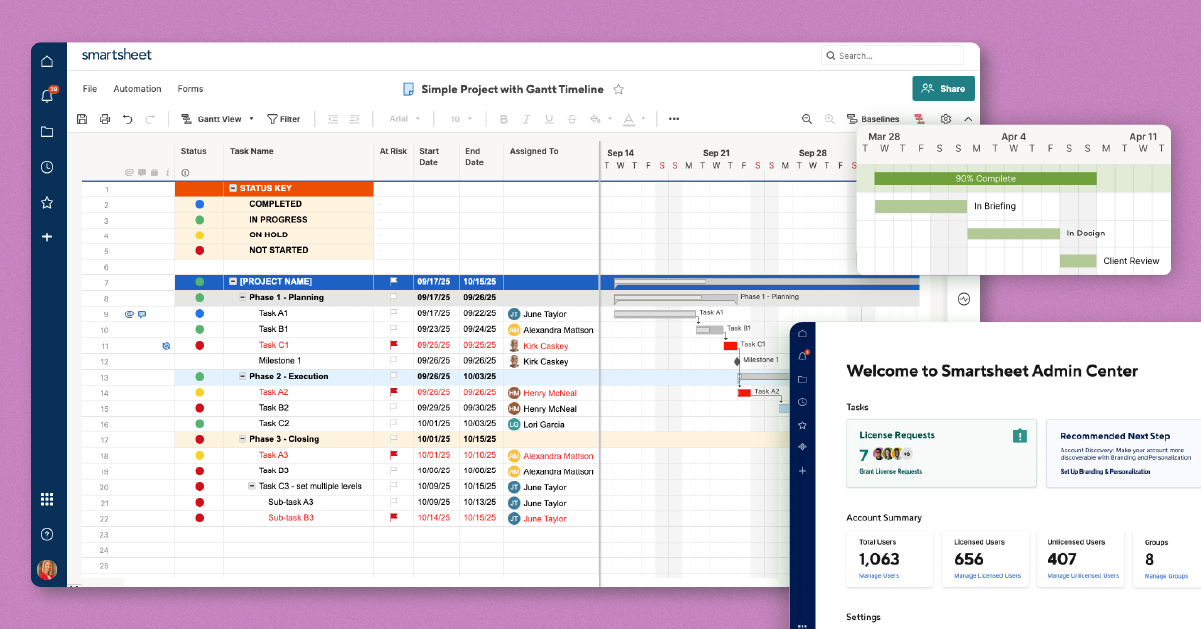
Smartsheet offers numerous views, workflows, reports, and dashboards to help you run your projects profitably.
Best for: Small to large companies
Smartsheet, formerly known as 10000 feet, is a sophisticated (and a better) version of the spreadsheet. It is a comprehensive project resource planning software built for companies of all sizes.
What makes Smartsheet special?
The software is a feature-rich package of simple allocation, time tracking, project planning, and reporting tools. The resource booking software provides visibility into the team’s schedules and availability to identify the right person for every opportunity.
Smartsheet combines high-level configuration, powerful analytics, and robust automation to establish itself as a versatile platform. The platform helps you with resource & project planning, budget tracking, and more. You can’t go wrong with Smartsheet if you’re looking for an easy-to-use resource planning software to manage your workforce.
Smartsheet Features:
- Advanced forecasting
- Workflow automation
- Team collaboration tools
- Project and time tracking
- Flexible APIs to build custom integrations
- Advanced analytics and bi-directional reports
Smartsheet Pricing:
The price starts at $9 per person per month. The comprehensive suite is a premium add-on, and pricing is available on request. Smartsheet’s resource management offers a 14-day free trial.
Pros & Cons :
- Allows teams to maintain timesheets
- The skills database is great for assigning resource appropriately
- It is easy to forecast and monitor resource utilization
- Assist with predicting hiring needs in real-time
- Bulk project edits do not apply to resource fields
- Some features, such as time tracking, are add-ons
- Initial resource setup is tricky and laborious
Best for managing project teams of professional services
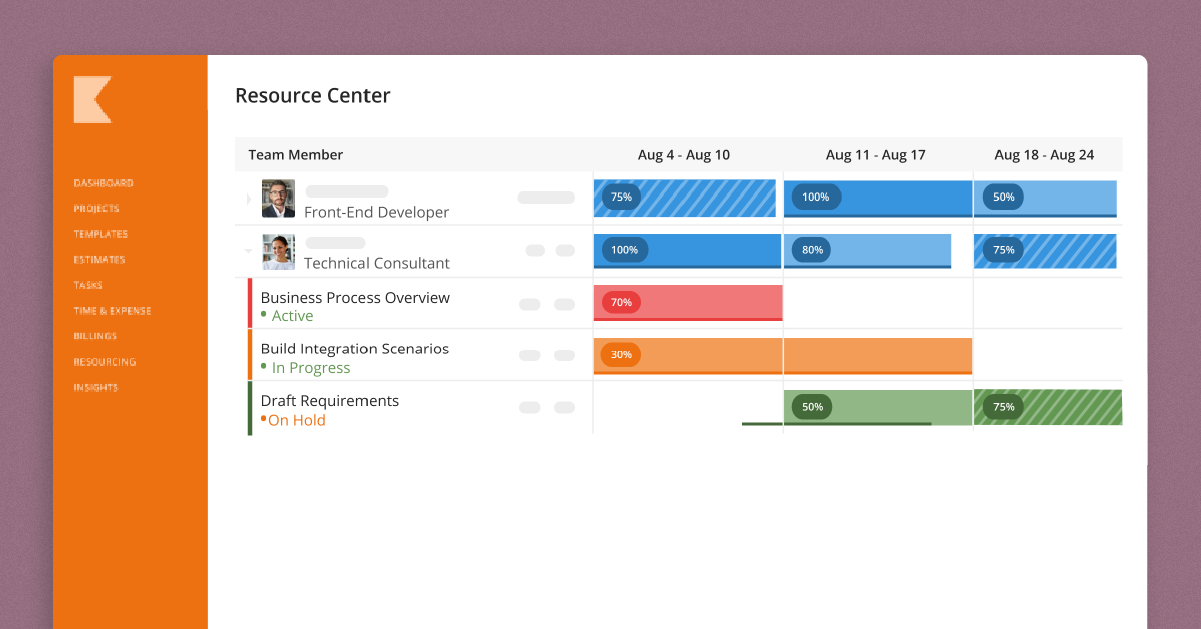
Kantata lets you respond to changing demands with real-time planning and enhances the performance of the entire project lifecycle.
Best for: Small to mid-size Professional Service Organizations
The award-winning Kantata software is the new name for the merged entity of Mavenlink and Kimble. It is a comprehensive solution for professional service firms.
What makes Kantata special?
The tool’s ease of use and intuitiveness make it the best software for managing resources. It includes resource planning and allocation, and skills tracking, among other capabilities. In addition, you can get a dynamic view of your resources, projects, and finances on the platform’s highly customizable dashboards.
Moreover, the combination of robust monitoring modules, real-time reports, and configurability empowers businesses to streamline and automate their workflows. It also helps them improve resource utilization and boost profitability. Kantata also integrates with various other business applications, including CRM, ERP, and accounting software. This allows firms to streamline their operations and avoid duplicate data entry.
Kantata Features:
- Resource, project, and task management
- Scenario and role-based planning
- Multiple integrations
- Team collaboration
- Versatile user permissions
- Time and expense tracking
Kantata Pricing:
Pricing information is available on request. Kantata offers a free demo.
Pros & Cons :
- A file storage area is provided under every project for better accessibility
- Diverse reporting functionality to facilitate better resource deployment
- Offers visibility into real-time utilization at the project and task level
- Ready-made project templates to jumpstart project planning
- It allows you to see the project burn rate
- Advanced features are accessible on higher plans
- The proofing solution is an add-on feature
- Customizable reports can be challenging to create without product training
- The mobile version is not sufficiently optimized
Resource planning simplified for project teams
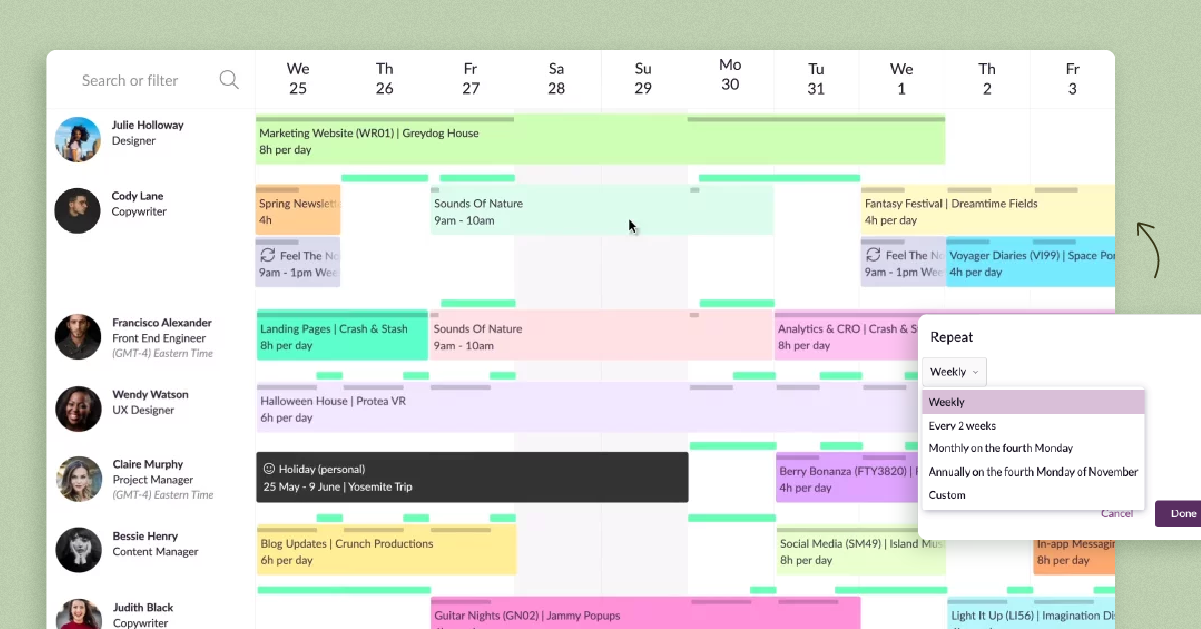
Resource Guru provides granular insights into your day-to-day resource activities and helps you keep workloads under control.
Best for: Businesses of all sizes
Resource Guru is a powerful platform that helps project teams with their day-to-day resourcing activities.
What makes Resource Guru special?
Resource Guru is an intuitive drag-and-drop resource allocation tool that ranks high due to its user-friendly interface. Total visibility into resource skills and availability simplifies resource booking and assigning. In addition, the tool provides real-time updates and notifications to keep everyone on the same page.
Furthermore, the leave management system makes it easy for your resource manager to review and approve vacations and PTO. The platform has excellent filters and detailed reports that let you view resource metrics, making planning, scheduling, and budgeting a breeze. Overall, Resource Guru is a complete project resource management software that can save your firm a lot of time, effort, and money.
Resource Guru Features:
- Utilization and time tracking
- Automated approval process
- Personalized dashboards
- Leave management
- Collaboration tool
- Integration with other business applications
Resource Guru Pricing:
There are three pricing plans. The Grasshopper plan starts at $2.50 per person per month, and the Blackbelt plan starts at $4.16 per person per month. The Master plan starts at $6.65 per person per month. In addition, resource Guru provides a 30-day free trial.
Pros & Cons :
- The unique “clash management system” prevents resource overutilization
- Offers downloadable resource utilization reports
- Configurable fields, filters, and user permissions
- The level of customization is basic compared to other software
- It is difficult to track who made changes in the resource schedule
- The mobile app may not have all the features available on the desktop version
Good for project planning and task scheduling
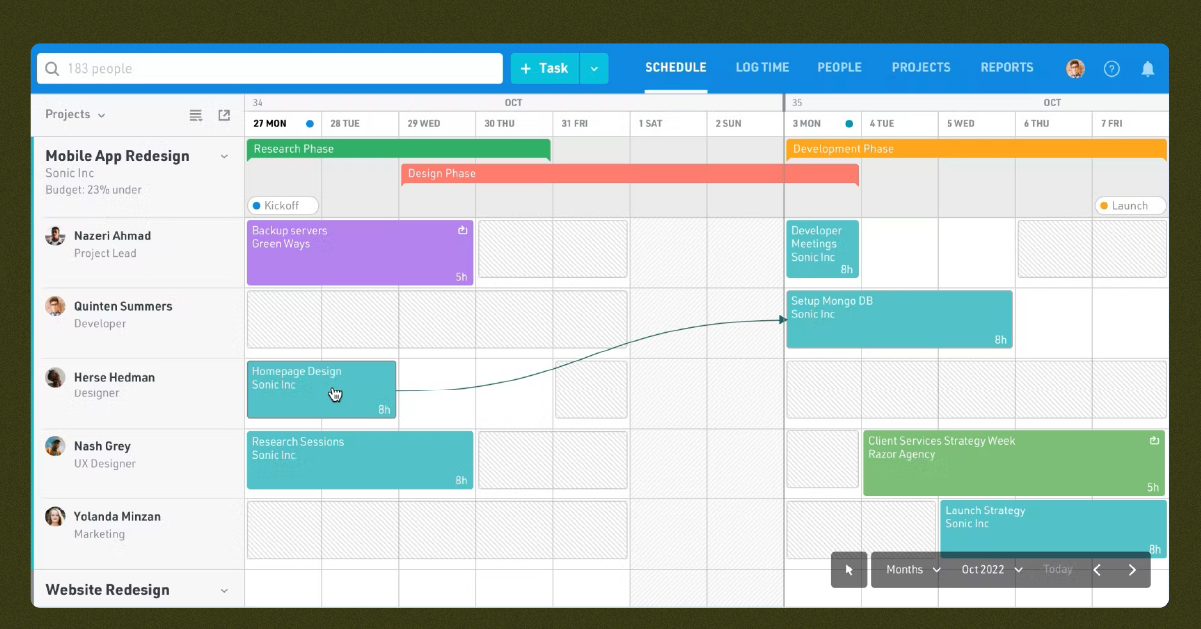
Float ensures that you allocate the best team for the opportunity every single time.
Best for: Small to mid-size companies
Float is a cloud-based solution that offers a complete package for efficient team management.
What makes Float special?
Float is primarily built for project resource planning, scheduling, and time tracking. A standout feature of Float is its resource scheduling tool. It allows you to split, duplicate, and multi-select resource bookings and allocation in project management. Additionally, the user interface is easy to navigate, making it accessible for teams of all sizes and skill levels.
The tool seamlessly integrates with other tools to streamline project management workflow. project management workflow. a time-tracking feature that helps effectively plan and monitor your team’s work. Furthermore, the Float mobile app allows your team to stay connected and track project progress from anywhere.
Float Features:
- Project management
- Task scheduling
- Resource booking
- Resource forecasting
- Time and expense tracking
- Dynamic reporting tools
Float Pricing:
The pricing of the Resource Planner is $6 per person per month. The Resource Planning + Time Tracking is $10 per person per month. Float offers a 30-days free trial.
Pros & Cons :
- Stores data in an encrypted format keeps daily backups and maintains over 99.5% uptime
- Different access level prevents data theft and information overload
- The skill inventory enables managers to assign resources based on proficiencies
- Time tracking functionality requires you to get on a higher plan
- Updating the staff/personnel list takes a considerable time
- Integration with niche or specialized tools is missing
Resource planning software to manage project portfolios
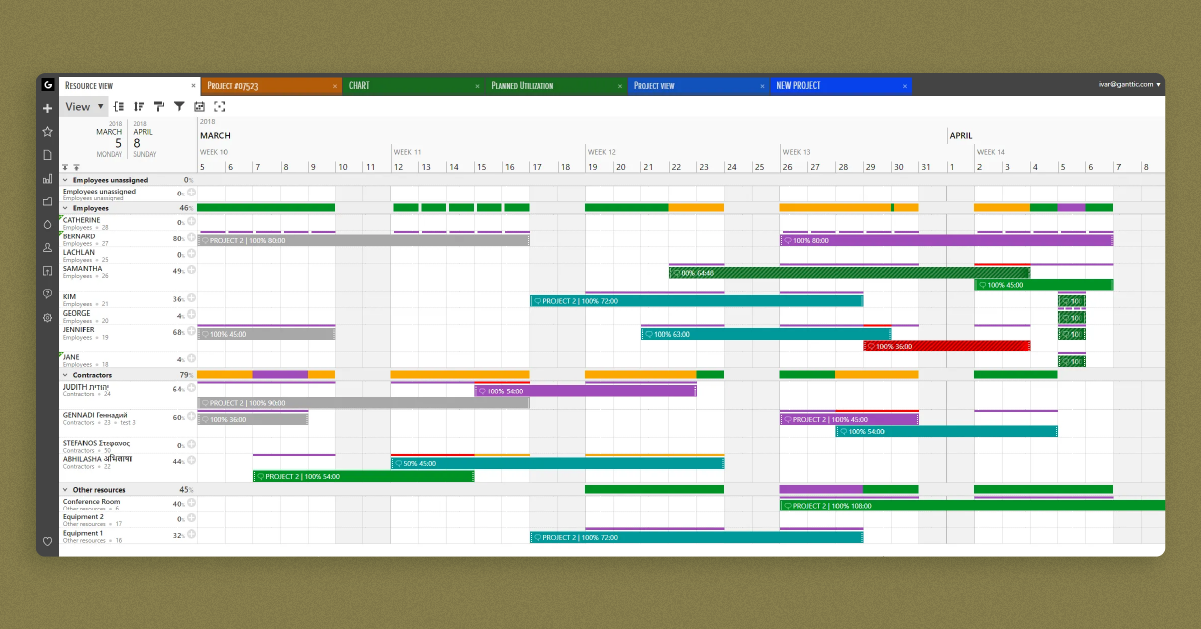
Ganttic empowers you to plan your resources with maximum efficiency and create a more streamlined workflow.
Best for: small, medium, and large firms
Ganttic is an all-in-one resource management tool that can plan, book and optimize resources to maximize business efficiency.
What makes Ganttic special?
Ganttic offers a flexible solution with an intuitive drag-and-drop interface. The tool’s visual Gantt Charts streamline resource booking and provide automatic alerts and push notifications. Thus, Ganttic keeps the team up to speed on any changes.
In addition, the multi-user environment allows real-time collaboration, with options for unlimited users and controlled access. Moreover, the data fields can be filtered and customized to your needs. Finally, Ganttic’s pre-built resource and task utilization feature helps in uniform workload distribution.
Ganttic Features:
- Project & Portfolio Management
- Robust analytics
- Gantt charts for resource booking
- Budget / Expense Tracking
- Time Tracking
- Collaboration Tools
Ganttic Pricing:
Pricing starts at $25 for 20 resources per month. Ganttic offers a 14-day free trial.
Pros & Cons :
- Projects and tasks can be color-coded as per user preference
- Enables you to group resources from different locations based on skills
- Allows you to control workflow and track project progress
- The initial tool setup is time-consuming
- The mobile version is not optimized
Ideal for global teams managing projects, vacations, and timesheets
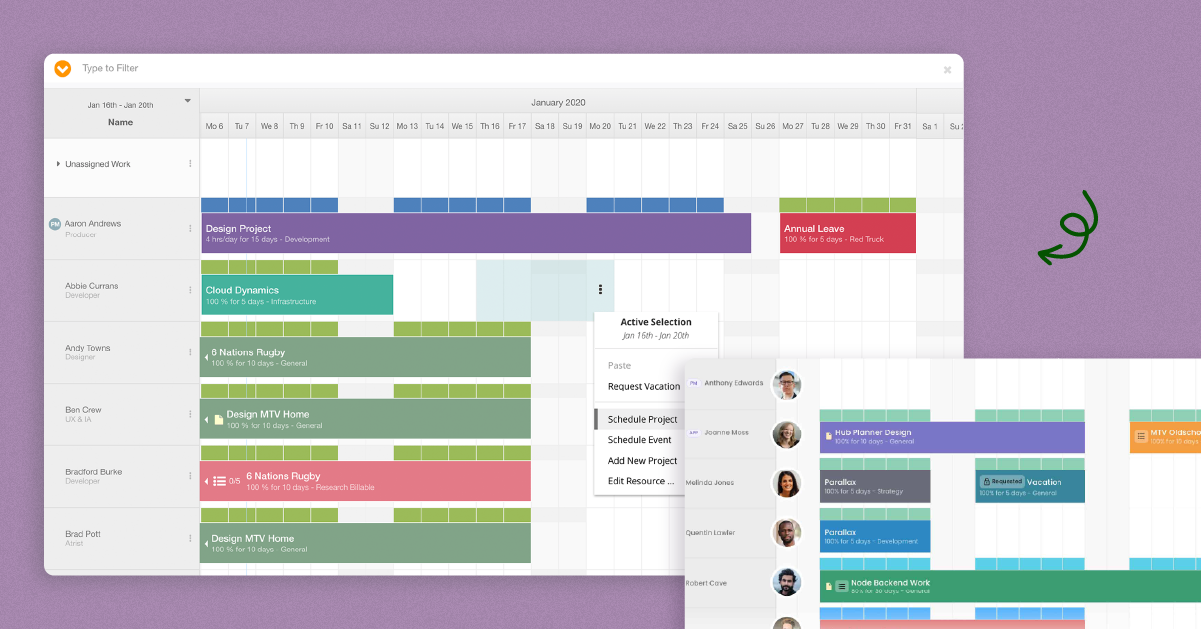
Hub planner makes viewing resource allocations and utilization easy with its interactive scheduler.
Best for: Small to mid-size companies
HubPlanner offers resource planning, timesheets, and vacation management features. The tool helps small to medium-sized companies in planning, and resource tracking from a single platform.
What makes Hub Planner Special?
Hub Planner’s robust resource management system streamlines resource booking and project planning for SMEs. Bird’s eye view of resource availability helps fast-track the workforce allotment process. The user interface is intuitive, and the platform integrates well with other applications.
The tool’s in-built timesheet module and an automated approval process make it easy for geographically dispersed team resource management. Moreover, dynamic reporting and analytics provide helpful real-time insights that can be accessed through a visual dashboard. To sum up, HubPlanner works best for global and hybrid teams.
Hub Planner Features:
- Resource forecasting
- Project planning
- Team availability tracker
- Budget tracking and management
- Collaboration tools
- Pre-built templates
Hub Planner Pricing:
The pricing starts at $7 per resource per month. Hub Planner offers a 60-day free trial
Pros & Cons :
- The iCal function provides real-time notifications
- Easy toggle between user/group
- Powerful & precise built-in reporting
- Excellent search filters to help you find resources by skill or location
- Fewer customization options compared to alternatives
- Limited support for mobile devices
- Integration with specific tools and applications is missing
Work management platform for collaborative project teams
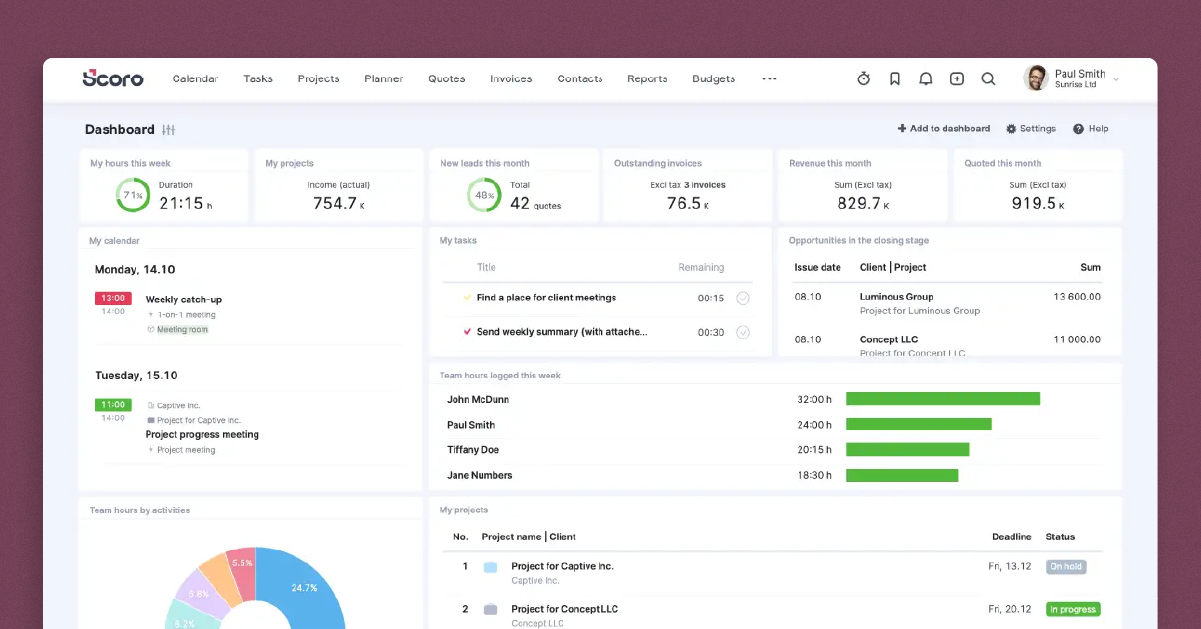
Scoro provides a complete overview of the projects and resources, helping you manage your entire business from one place.
Best for: Small to large organizations
Scoro is a cloud-based resource management software that provides an integrated solution for businesses that need to manage their projects, resources, time, and finances more effectively.
What makes Scoro special?
Its excellent UI and corporate-based architecture provide a high-level overview of workload, deadlines, availability slots, and bookings. The platform allows you to configure, search, and filter resources based on categories, activity, and location.
Scoro enables users to accurately track their time spent on different tasks and projects. It also generates reports on their time usage, productivity, etc. Moreover, the tool lets you access all project information on a single page and track team progress in real-time. Simply put, Scoro is robust enough to handle all your resource-related requirements.
Scoro Features:
- Work management
- Sales pipeline management
- Business process automation
- Timesheet management
- Configurable dashboard, reports, and templates
- Collaboration tool
Scoro Pricing:
The pricing starts with the Essential plan, which is available at $26 per user per month. The Standard plan starts at $37 per user per month, and the Pro plan starts at $63 per user per month. The Ultimate plan pricing is available on request. Scoro provides a 14-day free trial.
Pros & Cons :
- The quoting system streamlines billing and invoicing
- The tool has excellent data visualization
- Regular updates and improvements extend the tool’s functionality
- Not suitable for smaller teams
- The CRM suite lacks a few features
- Limited integration with other applications
Ideal for fast-moving, hybrid project teams.
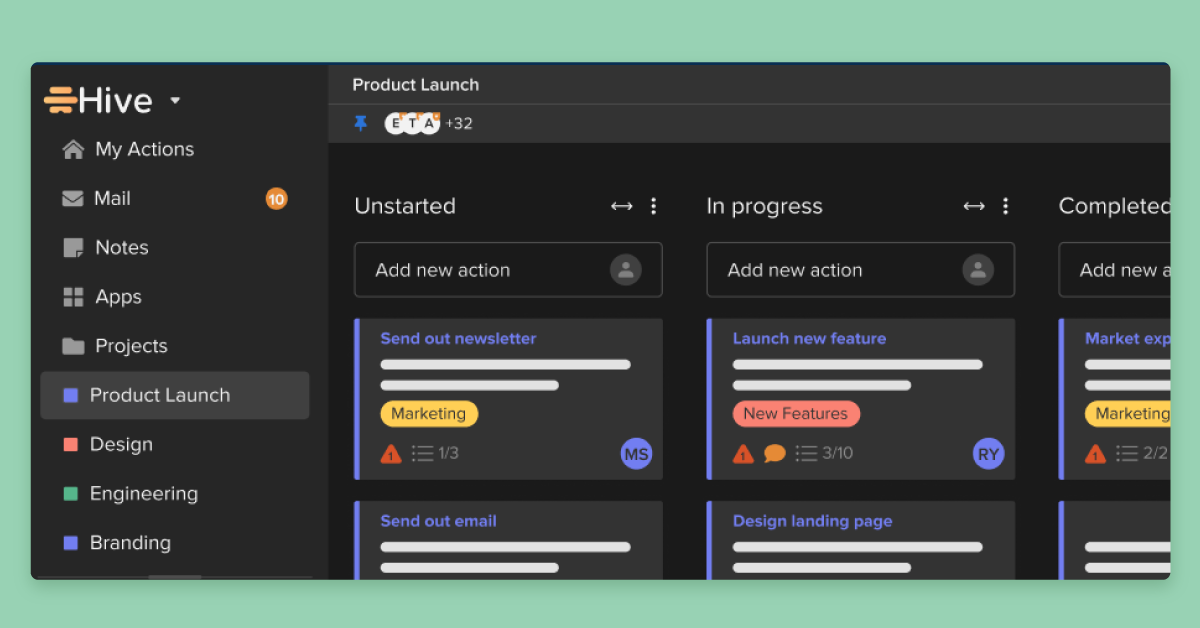
Hive lets you track, manage, and execute projects with complete visibility of your organization’s resources.
Best for: Small to large business
Hive is a dynamic resource and project management software that consolidates projects, tasks, deadlines, resource requests, approvals, notes, and reminders into one single source of truth.
What makes Hive unique?
One of the standout features of Hive is its remarkably intuitive user interface. The clean design provides high-level visibility into resources, project status, and deadlines. It simplifies complex workflow with automation and project templates. The software also offers numerous visualization tools and layouts such as Kanban, Gantt, Table, Calendar, etc. Moreover, the resourcing dashboards provide easy drag-and-drop functionality, allowing managers to create, edit, and delete schedules effortlessly. The tool allows users to create placeholders for future projects.
Additionally, the time tracking facility accurately records resource time and streamlines payroll. Hive’s embedded collaboration platform enables project teams to coordinate seamlessly and stay on top of task progress. Moreover, the highly configurable reports provide real-time data into KPIs such as resource availability, utilization, project budget, etc. In conclusion, Hive is an excellent resource and project planning tool that help organizations to monitor, track, and optimize project workflows for successful delivery.
Hive Features:
- Project resource planning and scheduling
- Customizable workflow automation
- Collaboration tool
- Timesheet and resource tracking system
- Real-time reporting analytics
- Project and resource templates
- Seamless integration capabilities
Hive Pricing:
Hive offers three pricing structures. The Free plan allows up to 10 users. The Team plan is priced at $18 per user per month. The Enterprise plan pricing is available on request.
Pros & Cons :
- The intuitive drag-and-drop action makes resource scheduling easy
- Flexible project hierarchies facilitate agile project management
- Automated time tracking and approval simplifies resource monitoring
- The feature add-ons can become quite expensive
- Limited integrations compared to other competitors
- The learning curve can be significant since the tool has numerous features
Optimize your project portfolio teams efficiently
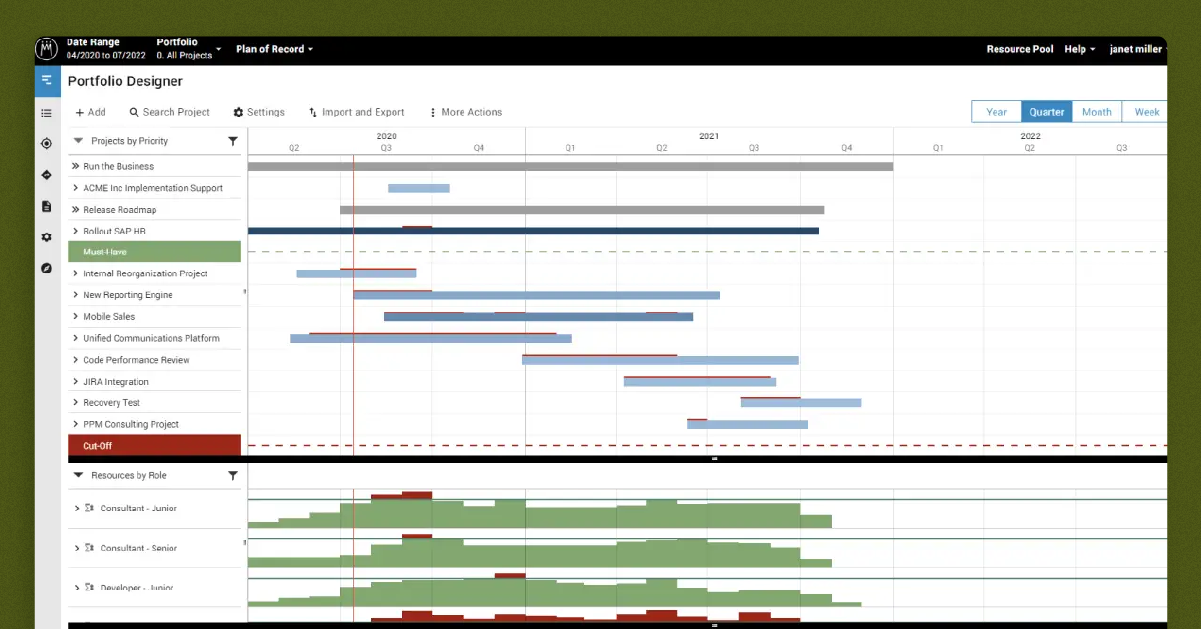
Meisterplan helps you create portfolio-level resource plans for your traditional, agile, and hybrid teams.
Best for: Mid to large-size companies
Meisterplan is a high-performance, feature-rich resource management platform offering unparalleled scalability and flexibility.
What makes Meisterplan special?
The platform’s robust resource planning software includes a Gantt chart, task lists, and calendar views. These functionalities ensure that the right people are assigned to the right job. Moreover, the designer dashboard, custom-configured reporting tools, and robust analytics give granular visibility into vital resources and project metrics.
In addition, it also offers allocation heatmaps, enabling managers to spot over and underloading. Finally, managers can pair it with resource scenario planning to simulate and test alternatives for resolving workforce-related issues. It empowers them to prioritize profitable projects. In conclusion, Meisterplan is a dependable system that can help your business leverage the right skillsets for suitable projects.
Meisterplan Features:
- Capacity management
- Portfolio management
- Budgeting and forecasting
- Scenario planning
- Skill tracking
- Collaboration tool
Meisterplan Pricing:
The Basic Pricing plan starts at $7350 per year. The Pro plan starts at $9800 per year, and the Premium plan starts at $32000 per year. Meisterplan offers a 30-day free trial.
Pros & Cons :
- The interactive drag-and-drop makes resource booking effortless
- Factors in time-offs, leaves, and vacations for precise resource availability data.
- Provides an in-depth analysis of resource deployment, capacity, and utilization
- The tool can be complex to operate initially
- The software may be more expensive than some of its competitors
- Limited integrations to third-party applications
Time-tracking software that optimizes workflow
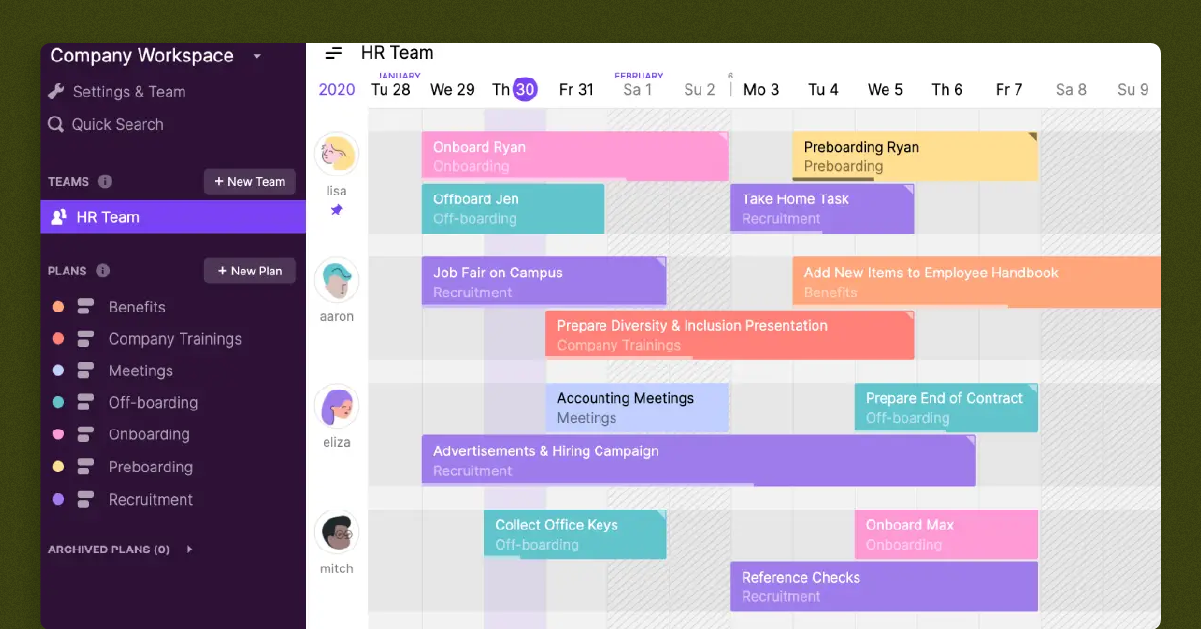
Toggl Plan makes work planning hassle-free with its drag-and-drop timelines.
Best for: Small to mid-scale organizations
Toggl Plan is a flexible work management solution that combines resources and project planning into a neat package that works well for small teams.
What makes Toggl Plan special?
The lean architecture simplifies work management with its wide range of features. It allows you to visualize resource deployment, utilization, and availability through the timeline (Gantt-style) or board (Kanban-style) views. In addition, the software enables users to create custom workflows and task statuses to fit their specific needs and processes.
Toggl Plan’s time-tracking feature also allows team members to track their time spent on each task. It also enables teams to collaborate in real-time with features such as task comments, team calendars, and shared project views. Overall, Toggl Plan is a complete tool for anyone looking to unify their project and resource processes.
Toggl Plan Features:
- Versatile team management
- Reporting dashboards
- Time tracking
- Expansive integrations
Toggl Plan Pricing:
There is a free plan for solo users. Pricing starts with the Team plan at $8 per person annually or $9 per person monthly. The Business plan starts at $13.35 per user per month. Toggl Plan offers a 14-day free trial.
Pros & Cons :
- Project milestones can be emphasized and highlighted in the timeline view
- The Team view lets you see public holidays
- Limited customizations compared to other tools
- It’s difficult to export data from the platform
- No task dependencies option
Streamline time tracking and billing for accounting teams
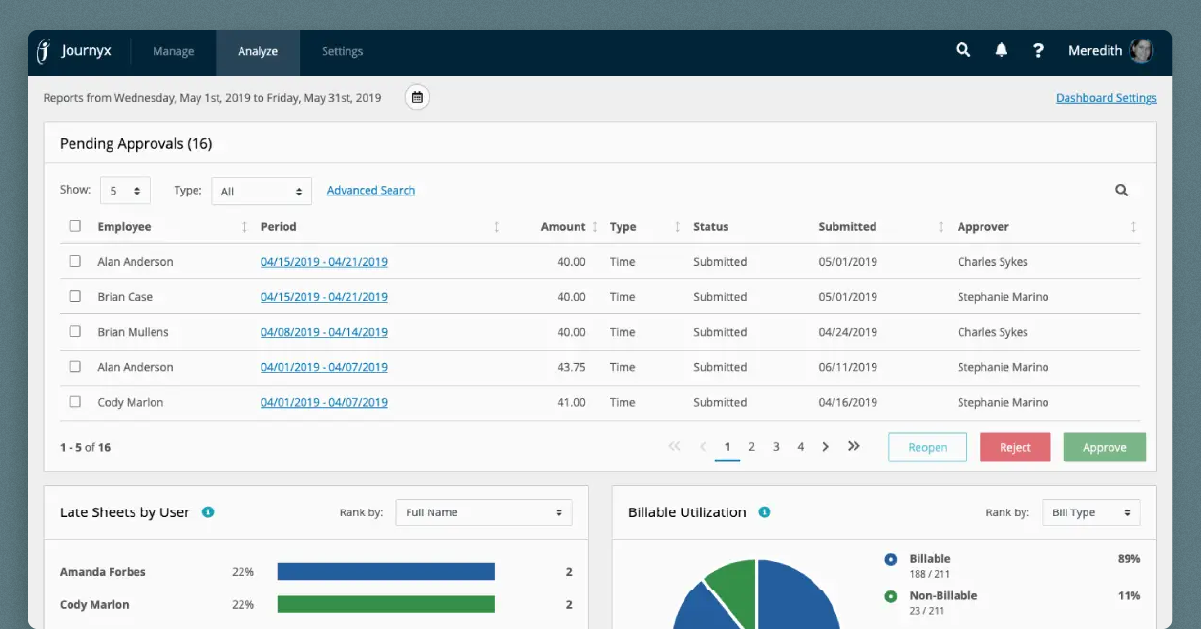
Journeyx’s enterprise solution simplifies employee and project time tracking to improve business efficiency.
Best for: Mid to large firms
Journyx is a flexible platform designed to streamline project management and resource workflow processes.
What makes Journyx special?
The platform’s customizable reports and financial forecasting supports real-time monitoring of resource metrics and project budgets. It also includes physical time clocks and cloud-based time tracking. Moreover, the scheduling features allow employees to manage time and attendance remotely.
In addition, it can integrate your existing business systems and applications to create a seamless workflow. Journyx’s intuitive user interface and payroll integration make it a versatile and flexible solution for your business.
Journyx Features:
- Advanced analytics and reports
- Expense and time reporting
- Data validation
- In-built reimbursement facility
Journyx Pricing:
The pricing for XJ (Project Time tracking) plan starts at $12. The PX plan (resource management and scheduling) starts at $18, and the WX plan (timesheet) starts at $5.
Pros & Cons :
- Real-time data can be viewed at program, project, and task levels.
- It’s easy to set up data validation and improve time-tracking accuracy
- Automates time off accruals and requests
- The timesheet approval workflow is not efficient, as it creates email clutter
- Certain functionalities of the tool are not optimized
Comparison Chart of the Best Resource Management Solutions
Tools
Suitable For
Price
Other Solutions
Does none of the above software work for you? Check out other resource management alternatives below:
We hope this guide helps you narrow down your search for a project resource management software that perfectly fits your business needs.
You can also read our articles on resource capacity planning software to know more about the best solutions that help you optimize your resources effectively.
Resource Management Software FAQs
What is resource management?
Resource management is the process of managing resources effectively & efficiently to bring out their best potential. It includes planning, forecasting, allocating, and scheduling the right resource for the right project at the right time and cost. These resources can be human or non-human resources like assets, facilities, machinery, equipment, vehicles, etc. The scope of resource planning and management covers different resource-related activities from its acquisition to release within an organization.
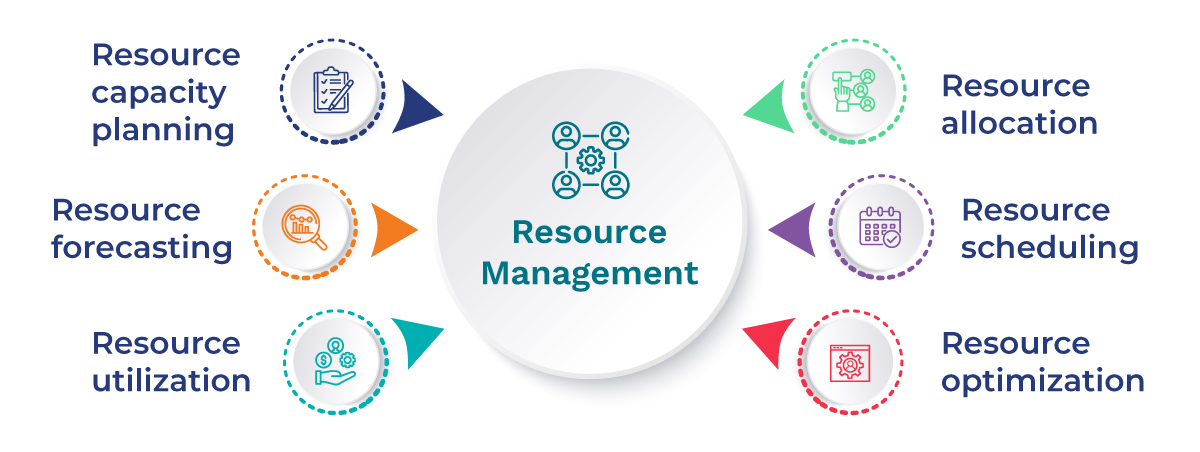
What are the benefits of resource management software?
A robust project resource management software provides numerous benefits, such as:
Minimizes resourcing costs
Effective resource management solutions enable managers to assign suitable resources to projects. It helps create the right mix of senior and junior resources for all projects. It also allows firms to leverage a low-cost, global workforce to reduce resource-related costs. Furthermore, it also maximizes billable and strategic utilization and prevents resource overloading, thereby enhancing the profit margins.
Reduces frequent hiring/firing cycles
The tool provides insights into resource metrics like demand, capacity, etc., and it helps identify whether the skill requirements are one-time or recurring. Based on that, organizations hire suitable permanent or contingent workforce for projects and minimize costly hiring and firing cycles.
Streamlines resource requisition workflow
Resource management software helps streamline resource requisition workflow by providing a centralized system for managing resource requests, approvals, and allotment. It also maintains an audit trail of requests across the enterprise. This allows a resource manager to allocate resources to projects and other initiatives based on availability, skills, and other factors.
Forecasts & maximizes efficient resource utilization
Robust human resource management tools can help businesses accurately forecast resources needed for projects and maximize utilization. This can include tracking the time and costs associated with projects and identifying areas where resources are under or over-utilized.
Prepares to deal with sudden ramp-up & ramp-downs
Project resource management systems offer advanced forecasting capabilities and a unified view of resources’ schedules. This helps a resource manager to predict sudden ramp-up/ramp-down and allocate employees to appropriate tasks in advance. If the resources’ skills don’t match any open position, they can be assigned to training/upskilling programs.
Futureproofs workforce against market volatilities
Advanced human resource management tools help organizations build a more agile and adaptable workforce. It enables them to respond to market uncertainties, such as cost pressure, economic crisis, etc. Therefore, real-time resource planning helps organizations assess resource demands. It ensures that employees have the skills to handle complex tasks and can be redeployed as per changing business needs.
Improves employee morale
The software facilitates competent resource allocation based on skills, availability, and interests. It allows a resource manager to monitor and optimize employee schedules to prevent over/underloading. Moreover, it enables managers to consider employees’ interests before assigning them to projects. This leads to better motivation and job satisfaction, improving employee morale.
Facilitates data-driven decision-making process
Resource management tools provide real-time reports and analytics into critical resource metrics such as demand, capacity, availability, utilization, etc. These valuable insights allow managers to forward plan pipeline project requirements with precision. It also helps them optimize resource utilization levels. Thus, the tool helps firms make data-driven decisions.
Prevents employee burnout
The software ensures that employees are allocated to projects based on their skills, availability, and workload. It helps them to avoid situations where employees are overburdened with too much work. Furthermore, resource optimization techniques can be applied to ensure uniform workload distribution and prevent burnout.
Resolve complexities of matrix organization
An effective resource management system enables matrix organizations to gain complete visibility into their resources’ current and future schedules and plan their pipeline projects. In addition, it helps leverage skilled resources across their projects by considering their availability and utilization.
Ensures timely delivery of projects within budget
A resource management plan enables firms to avoid situations where resources are over or under-utilized. Additionally, resource planning in project management helps identify potential bottlenecks. It allows organizations to address these issues before they impact the project delivery. By optimizing resource utilization, organizations can ensure successful project delivery.
Helps gain the maximum ROI and increased revenue
Project resource planning and management improve a company’s ability to allocate and utilize resources effectively. This enables businesses to become more agile and responsive to changing market conditions. Therefore, the tool helps enterprises capitalize on new opportunities and fast-track their overall growth and profitability.
Overall, an effective resource management plan can help businesses improve efficiency, reduce costs, and enhance profit margins. These factors help create a positive work environment that supports employee satisfaction and engagement.

What are the key features of resource management software?
Some of the key features of advanced resource management software include:
Resource forecasting software: It involves gaining foresight into the future resource demand based on factors such as supply, project vacancy, on-the-bench, and resourcing cost and implementing preventive measures to avoid resource-related roadblocks.
Resource capacity planning software: It includes forecasting the gap between future supply and demand. With capacity planning, firms can determine the shortfall/excesses of resources and take corrective actions ahead of time for successful project delivery.
Resource allocation software: Assigning resources in project management involves identifying and assigning competent resources that meet the selection criteria and assigning them to various projects for a specific period.
Resource utilization tracking software: Resource utilization is a KPI that measures how effectively each resource is utilized against their availability or capacity. Businesses can forecast and track utilization rates in real-time to ensure resources are neither over-utilized nor under-utilized.
Reports and analytics: Reports and analytics interpret historical and current data to uncover resourcing patterns and trends. It also helps monitor key metrics such as availability, capacity, utilization, project financials, etc. By using robust analytics, businesses can compare and evaluate the accuracy of their estimates and optimize processes to improve profitability.
A comprehensive resource management software centralizes the information from multiple sources and provides a single version of the truth for data-driven decisions. It will further help reduce project resource costs, maximize productive utilization, and futureproof business against market volatility.
What is a resource planning tool? What is its importance in project management?
Resource planning software is designed to help organizations plan and manage resources efficiently. These resources can include employees, equipment, facilities, and other essential components necessary for smooth business operations.
An enterprise resource planning tool offer centralized visibility into resource-related data, such as availability, skills, competencies, cost rates, roles, etc. Thus, it facilitates the effective allocation and utilization of organizational resources across various functions.
Additionally, a resource planner helps businesses forecast pipeline demand, allowing them to proactively plan for future needs. This helps firms ensure that they have the right resources available at the right time to complete projects and meet customer demands.
Moreover, the tool helps identify and mitigate potential resource constraints early in the project. Therefore, resource planning software enhances project management and ensures successful project completion that meets pre-defined time, budget, and quality standards.
What is resource allocation software?
Resource allocation software helps identify and assign resources to different projects for a specific time. It ensures that the right resources are working on the right project at the right time and costs. This can lead to increased efficiency, productivity, and profitability.
Additionally, effective resource allocation tool can help prioritize projects and ensure fair resource distribution. This helps organizations to achieve their objectives while maximizing their ROI.
It requires proper resource planning, communication, and collaboration among stakeholders to ensure optimal utilization.
Let’s elucidate with an example. The marketing department has an upcoming rebranding initiative. They need a project manager, a branding expert, a graphic designer, and a marketing analyst. Here, they will assess the existing talent pool and identify competent talent for the projects.
Once suitable resources are identified, they are assigned to the rebranding initiative. Finally, the manager must monitor resource utilization levels to ensure timely project completion.
Thus, by following a structured approach to resource allocation, organizations can minimize project costs, improve efficiency, and maximize productivity.
What is resource scheduling software?
Resource scheduling software is designed to help businesses identify and allocate resources (personnel, equipment, facilities, etc.) effectively across project and non-project activities for specific periods. These tools consolidate all resource-related information into a centralized repository, allowing managers to view staff availability, assign tasks, and monitor progress.
An effective resource schedule system helps create optimized work schedules based on critical parameters such as capacity, demand, availability, utilization, task priority, etc. Furthermore, an easy-drag and drop action in the resource booking software allows real-time adjustments to bookings. This enables supervisors to maintain uniform distribution of workloads.
Modern multi-dimensional resource scheduler software is embedded with advanced functionalities. It includes features such as Business Intelligence, skill matrix, time management program, reporting analytics, and more. These features power data-driven decision-making and streamline complex resource scheduling processes.
Besides that, robust scheduling tools offer in-built integration with other business applications to create a unified data exchange framework for better operational efficiency. Moreover, depending on the software, it may provide modules for resource planning, project management, task management, time tracking, leave management, and more.
Ultimately, comprehensive resource scheduling tools provide a single source truth that facilitates the competent allocation of resources and helps maximize the profitability of organizations.
How has resource management solution evolved over the years?
The concepts of Resource Management have always remained buried within other areas, such as Project Management or Human Resources Management. Most organizations deployed systems like ERP, PPM, CRM, etc., for their resourcing needs. However, these systems fail to manage and utilize resources efficiently.
In the 1990s, resource management was recognized as an independent discipline. Since then, it has undergone multiple transformations to the more advanced resource management systems we see today.
1st Gen. Spreadsheet Based Resource Allocation Tool
The first generation of spreadsheet-based resource allocation tools was developed during the late 1980s and early 1990s. These tools allowed businesses to allocate resources such as people, equipment, and materials across projects or activities using simple spreadsheet software, such as Microsoft Excel.
However, the first generation of spreadsheet-based resource allocation tools had limitations in terms of functionality and ease of use. They relied heavily on manual data entry, which made them prone to errors and time-consuming. They could not perform complex calculations or predictive analytics. As a result, it limited their ability to provide insight into future resource needs or optimize resource allocation in project management.
2nd Gen. Home-grown Resource Allocation Tool
The second generation of resource allocation tools were typically home-grown software solutions developed by businesses to meet their specific resourcing needs. Unlike the first generation of spreadsheet-based tools, home-grown resource allocation tools could customize the software to their particular needs. These tools automate the resource allocation process, reducing the need for manual data entry and minimizing the risk of errors.
However, home-grown resource allocation tools could also be expensive and time-consuming to develop and maintain. In addition, they required significant investment in time, money, and technical expertise. Thus, home-grown solutions were less accessible to small or medium-sized businesses.
3rd Gen. Centralized Visual Resource Planner
The third generation of resource allocation tools provides a comprehensive view of all available resources, such as personnel, equipment, and materials, and allows managers to schedule resources in real-time. The tools typically used visual representations, such as Gantt charts or graphical displays, to help a resource manager easily see workforce allocation patterns and identify potential bottlenecks.
However, these tools work within a specific framework or set of rules, limiting flexibility and customization options. Therefore, they are unable to meet the unique resource management needs of businesses. Further, some centralized tools could not function effectively when the number of resources or projects increased. As a result, alternative solutions, such as web-based tools, started emerging in the market.
4th Gen. WEB-Based Visual Resource Management Tool
The fourth generation of resource allocation tools comprises of web-based visual resource management tools. They are built upon the features of third-generation tools and are specifically designed to be accessed through a web browser. These tools were developed to accommodate growing business needs with a modern and user-friendly solution.
While fourth-generation web-based visual resource planning tools offer many benefits to businesses, there are also limitations to their use. It includes security concerns related to the transmission of sensitive data over the internet and the security of the web-based tool itself. In addition, web-based tools can be costly, particularly for businesses that require many users or advanced features.
5th Gen. WEB-Based Enterprise Resource Management Solution
The importance of resource management planning as an independent tool has given birth to 5th-generation web-based enterprise resource management (ERP) solutions. These solutions offer a comprehensive set of features for managing resources and performing capacity planning effectively. Further, ERP solutions provide configurable dashboards and real-time BI reports on resource KPIs, enabling better decision-making and resource optimization. Moreover, these tools offer high levels of security to protect sensitive data and resources.
Overall, web-based ERP solutions provide businesses with a powerful tool for managing all aspects of project resource planning and management across their organization. As a result, they enable companies to optimize resource utilization and enhance overall operational efficiency and profitability.
What is the difference between resource management software and resource scheduling software?
Resource management software is a comprehensive tool that helps manage all the resources of a business. Resources include human resources, financial resources, equipment, and materials. It includes resource planning, allocation, availability, utilization tracking, optimizing the resource pool, etc.
In contrast, resource scheduling software is a tool that helps you identify and assign resources to different projects or tasks for a specific period. These tasks can be billable, non-billable, or BAU work. As a result, it enables businesses to allocate resources efficiently and effectively. This ensures that they are utilized to their maximum potential while avoiding resource overbooking or double-booking.
Here are some of the key differences between resource management software and resource scheduling software:
Scope: Resource management software has a broader scope and covers all types of resources. However, resource scheduling software solely focuses on scheduling and managing human resources or equipment.
Features: Resource management system may have features like forecasting, capacity planning, business intelligence & analytics, etc. On the other hand, resource scheduling software may have features like bulk scheduling, split booking, time tracking, and employee availability management.
Learning curve: Resource management software can be more complex and require more training to use effectively. In contrast, resource scheduling software is relatively simpler and easier to use.
In summary, resource management is a broader concept that involves a range of activities related to resource planning in project management and utilization. Meanwhile, resource scheduling is only one component of a comprehensive resource management framework.
Therefore, businesses must consider their specific needs and requirements when choosing between resource management solutions and resource scheduling software.
Our expert tips to select the best resource management software
Are you looking to buy resource management software for your firm but are clueless about where to begin?
Here’s few critical parameters to consider while selecting the ideal project resource management software best suited for your specific business needs:
Business Needs: Determine your company’s resourcing needs for current and future projects. Next, note down the specific features you require. Then, list must-have features and nice-to-have features to help you evaluate different options.
User Interface (UI) & User Experience (UX): Look for a product that offers an easy-to-navigate, logically organized UI to reduce your team’s learning curve. Also, consider the overall user experience to ensure quick adoption and higher productivity.
Range of Features: The software should provide critical features such as workload view, forecasting, capacity planning, scheduling, timesheets, skills tracking, drag-and-drop action, etc., that help streamline your project resource management processes.
Pricing: Compare the prices of each solution and choose the one that best fits your budget. Don’t forget to check whether the software pricing includes all associated costs, such as licensing, maintenance, updates, and support.
Customer Support: Select a resource management software vendor that offers excellent customer support. Consider the level of support provided, the availability of technical support, and the responsiveness of the support team.
Configurability & Scalability: Consider the scalability & configurability of the software. Can it grow with your organization? Can it handle an increase in resources or users? Will you be able to customize the software to meet your company’s specific needs?
Integration: Check whether the software integrates with other software or tools that your organization uses. Integration can make your work more efficient and streamlined.
Security: The software should be secure and protect your data. It should have features such as data encryption, access controls, and regular backups.
Reporting and analytics: The software should provide comprehensive reporting and analytics features. These features can help you track and analyze resource usage and identify areas for improvement.
Research available tools: Now, compare at least two to three vendors from the above list that satisfies these requirements. Read reviews, compare features, and evaluate the pros and cons of each tool. Considering the implementation time and post-deployment support for each option is also imperative.
Cost-benefit analysis: Take into account the total cost of the solution and not the individual components. Carry out a cost-benefit analysis to arrive at the Total Cost of Ownership (TCO) for each solution.
Take a Trial: Don’t forget to opt for the free trial & demo options. Most tools offer free trials, so you can evaluate the tool before making a final decision.
Selection: Select the software which has the lowest pay-back period. After that, prepare a comprehensive project plan for installation and train the key personnel to manage change effectively.
By considering these factors, you can choose the right resource management tool that meets the needs and goals of your organization.
 Interested in Virtual Team Building Events?
Interested in Virtual Team Building Events?



